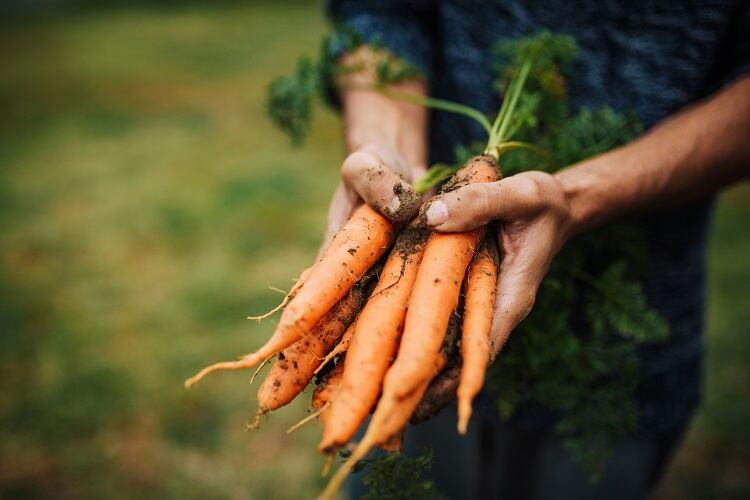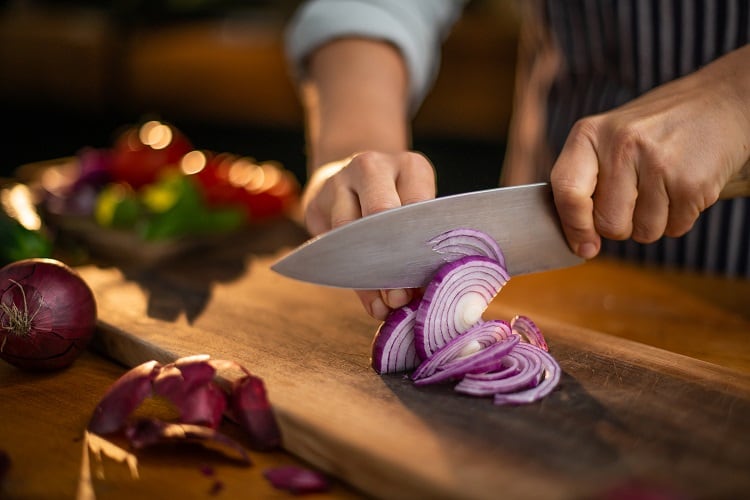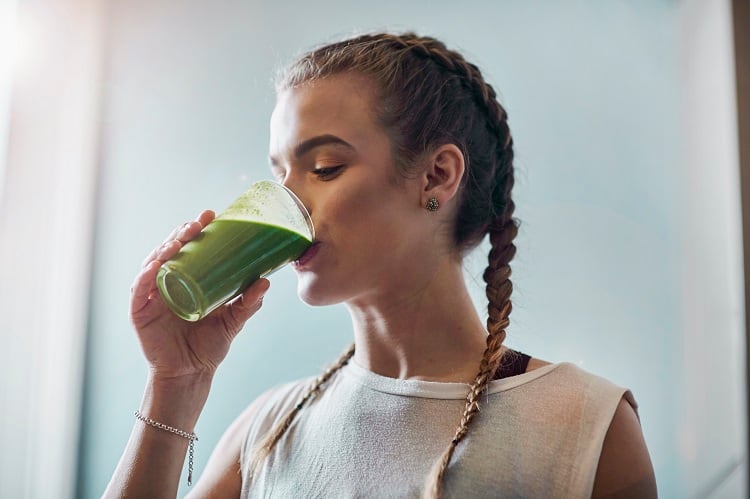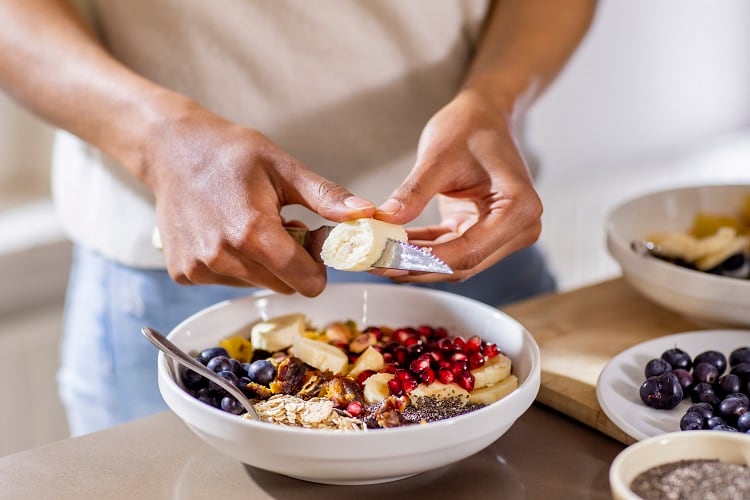Researchers at the University of Bath are taking on one of the biggest and most costly contributors to food waste: rotten fruits and vegetables. And which one are they focusing on first? The humble, yet delicious and versatile, carrot.
How serious is the problem of food waste and how can we help to prevent it?
It’ll come as no surprise to most that food waste is not only a major contributor to climate change but also a major challenge economically. In fact, the problem is perhaps bigger than many of us may had previously thought, with a third of all food produced for human consumption wasted.
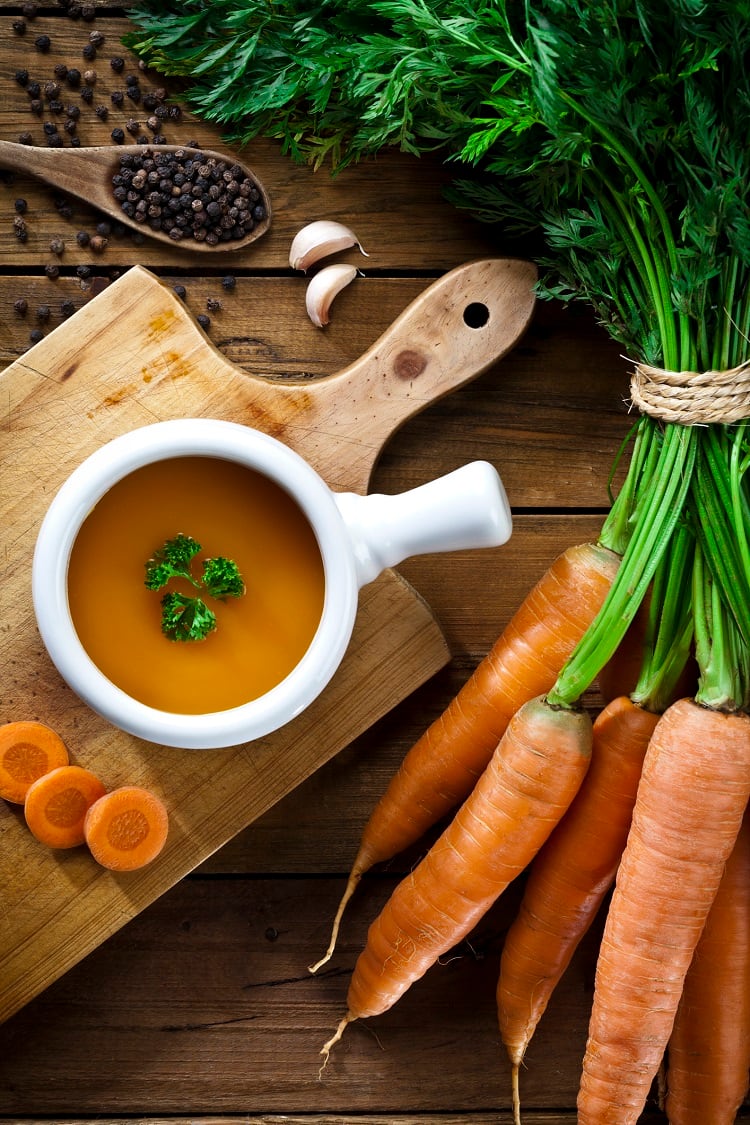
The production of this wasted food has also wasted water, land and labour, making the true cost far more difficult to quantify. However, Friends of the Earth estimates that, “if it were a country, food waste would be the third highest emitter of greenhouse gases in the world.” Efforts to reduce food waste is therefore essential.
The research team that took on the challenge of reducing the loss of fresh produce, through spoiling, was led by Nguyen A. Vo-Bui. They looked first at the shelf life of carrots and what makes them start to soften and curl out of shape, resulting in them being considered inedible.
Carrots are one of the world’s top crops by market value and are recognised for their high crop yields, so helping to ensure that as many as possible make it from farm to fork will have a hugely positive impact on reducing food waste.
The study focused on identifying the geometrical and environmental factors which have the most influence on carrots and their longevity and was conducted using one hundred Lancashire Nantes carrots cut in half lengthways. It found that residual stresses and dehydration were the two key factors behind the softening and curling behaviour. The starchy outer layer of the carrot (the cortex) is stiffer than the soft central vein (vascular cylinder). Scientists concluded that the carrots curled because the difference in stress became unbalanced. Dehydration lead to further loss of strength leading the carrots to curl further.
How can we prevent fruit and veg waste?
“We have mathematically represented the curl of a cut carrot over time, and showed the factors that contribute to curling,” explained Dr Elise Pegg, a senior lecturer in Bath’s Department of Mechanical Engineering and one of the research paper authors. “Our motivation was to look for ways to improve the sustainability of carrot processing and make them as long-lasting as possible. We have produced a methodology that a food producer could use to change their processes, reducing food waste and making packaging and transportation more efficient. Understanding the bending behaviour in such systems can help us to design and manufacture products with higher durability.”
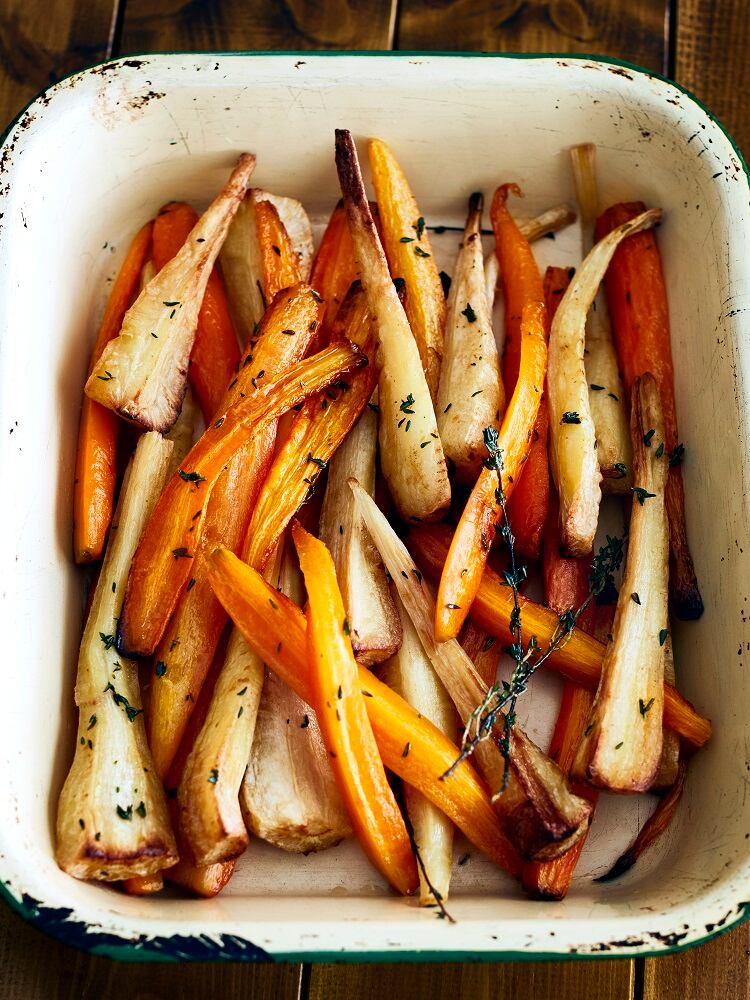
The team have recommended that manufacturers include handling carrots in cold, moist, airtight, and humidity-controlled environments to protect their natural properties and increase their edible life span.
Furthermore, the researchers believe the study provides a methodology to predict the deformation of cut root vegetables, adding that the procedure is likely to apply to other plant structures. This gives food producers a guide, which could be applied to the design of packaging and food handling processes, potentially reducing food waste.
Reasons to love carrots
Carrots are a hugely popular and versatile vegetable and will be found in the veg drawer of many people’s fridge. They taste great on their own as a healthy snack, add depth to a sauce when fried up with onions and celery, and are the perfect honey-glazed accompaniment to a roast dinner. And that’s not all!
Carrots are also a nutrient-packed powerhouse, offering a multitude of health benefits. They’re rich in vitamin A and beta-carotene, which helps to reduce inflammation and is vital for boosting your body's immune system. They’re a great source of fibre, which supports gut health. They also contain retinol, biotin and lycopene, which supports skin health from the inside out.
Finally, and perhaps most famously, the beta-carotene in this vibrant veggie has been shown to help prevent age-related eye diseases, such as macular degeneration, although the rumour that they help you to see in the dark is perhaps not entirely true.
Source: Modelling of longitudinally cut carrot curling induced by the vascular cylinder-cortex interference pressure
Published online: 24 January 2024
DOI: https://royalsocietypublishing.org/doi/10.1098/rsos.230420
Authors: Nguyen A. Vo-Bui, Benedict A. Rogers, Elise C. Pegg


